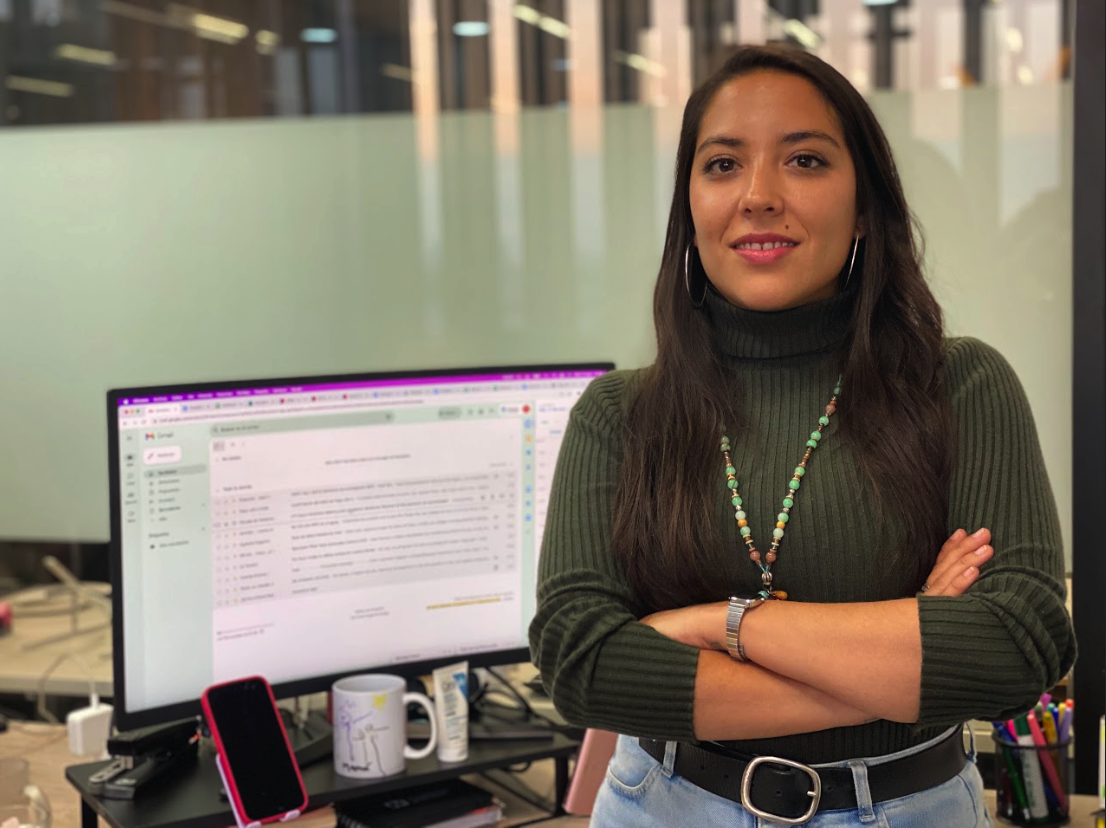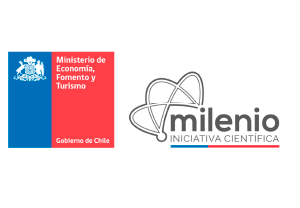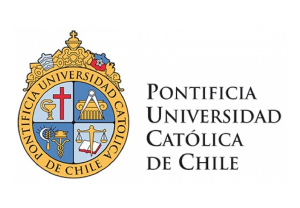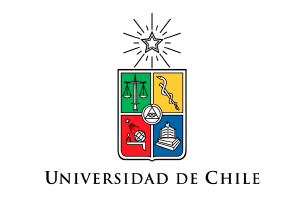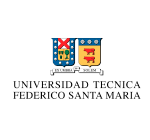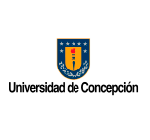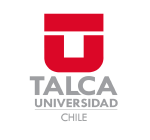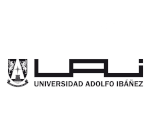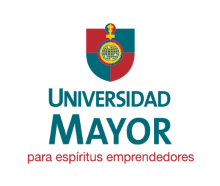Noticias

December, 2022.- Three are the priority areas that will first be addressed by Camila Díaz, a political scientist from the Pontificia Universidad Católica de Chile, the new Executive Director of the Millennium Institute Foundational Research on Data. The first focus will be to accompany and further the work of the research lines that, after five years of intense work, will address with new momentum the scientific challenges set for a new period.
The second priority is to strengthen the projects that have emerged under the umbrella of some of the research lines, which have the potential to become poles of attraction for scientists and students, and whose research topics have a profound social impact. One example of these initiatives is the working group that is debating the ethics in the field of data, their uses, and implications.
The third priority focus involves intense work to systematize and streamline the administrative processes of the IMFD, to adapt them to the requirements of the National Agency for Research and Development (ANID), under whose umbrella the Millennium Scientific Initiative, of which this center is a part, is located.

“Accompaniment and support are essential for the research projects, which sometimes face obstacles that are inherent to the scientific process, such as uncertainty, or more situational ones, such as the lack of human capital. Part of my role is to help them to remove barriers from their path and facilitate their work to develop in a fluid and harmonious manner,” says the political scientist, who has a specialization in Education, Memory, and Human Rights at the University of Chile.
Experience in social sciences applied to data science
Camila Díaz Foxon’s career spans various fields, which has allowed her to see in diverse social contexts where the contribution of science could produce significant social changes: she has been a Civic Education teacher for high school students in a context of high social vulnerability and, as a researcher, has participated in several national studies in the evaluation of educational, housing, and environmental public policies.
This experience was key for her to be invited to be the executive coordinator of Platform Telar, one of the flagship projects of the IMFD. Telar integrated researchers and students from political science, sociology, computer science, and communications to study with thick-data methodology the social debate around the Constitutional Convention of 2021-2022.
The excellence of her work made her the perfect candidate to succeed Bárbara Peñafiel in 2022 as Director of Research and Academic Training at the IMFD. In this role, her first task was the implementation of a swift and smooth process to make all of the students an active part of the IMFD, especially those with scholarships granted by the center, and to track their needs and progress in their careers. This line of action sought to consolidate a community of young people that was and is still feeling the impact of post-pandemic isolation and the intense return to normal daily life and rhythms.
“It has not been easy for anyone to face the consequences left by the pandemic. There is a generally lower mood and less energy to lead or participate in activities among students and collaborators. All research centers and universities must take charge of this and provide human support,” emphasizes the executive director.
Regarding her leadership, the political scientist expects it to be known for this: “I hope that we can preserve and enhance the human core that characterizes the IMFD, a center where people are the most important. We are a family, and we want to extend these bonds to our entire community. A science that does not have a sense of humanity runs the risk of being disconnected from society, and our center works hard to be in tune with people. Our mission calls us to this: to do research that benefits all of society.”
